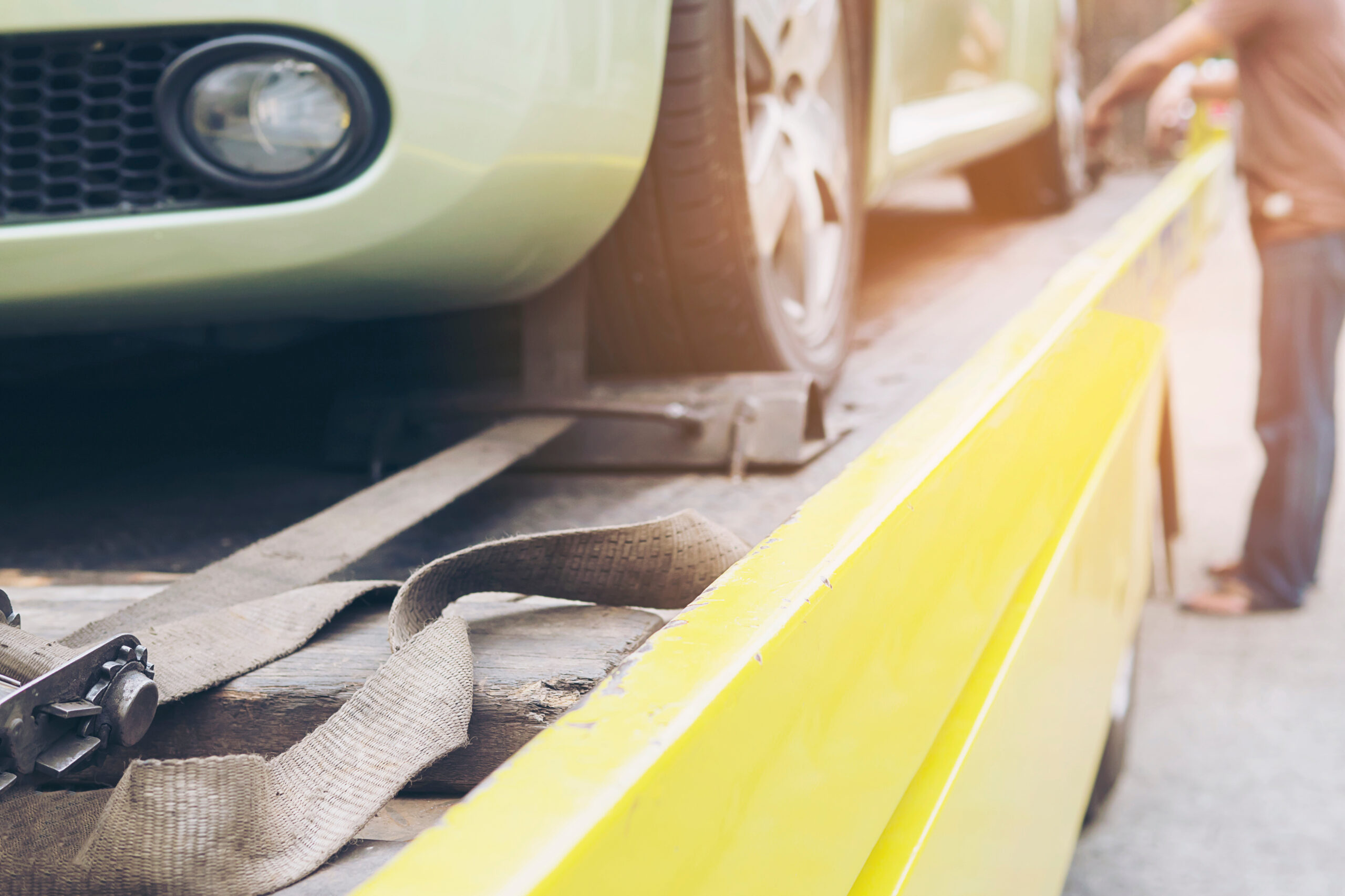In New York, driving while intoxicated (DWI) is a serious offense that carries significant repercussions. Following a DWI arrest, your vehicle may be impounded or subject to forfeiture. Understanding these potential consequences is crucial for taking appropriate action to safeguard your vehicle. Please continue reading as we explore the circumstances under whcih a vehicle can be impounded in New York. Given the complexities of such situations, consulting with our dedicated Suffolk County DWI Lawyers is highly recommended.
Can My Vehicle Be Impounded After a DWI Arrest?
If you have been arrested for a DWI in New York, it’s crucial to understand what will happen to your vehicle. Generally, the following may happen to your car if you are arrested for drunk driving:
- Release to a Responsible Party: Depending on the unique circumstances, a police officer might allow a sober friend or family member to pick up your vehicle from the scene. They may also permit a sober passenger with a valid driver’s license to take possession of the vehicle.
- Impoundment by Law Enforcement: In most cases, especially without the opportunity to arrange for retrieval, the police will impound or seize your vehicle as a public safety measure. This prevents you from driving again while impaired and is more often a consequence for repeat offenders. However, law enforcement has the discretion to decide if impoundment is necessary.
The decision to impound a vehicle after a DWI arrest often depends on factors like a high blood alcohol concentration (BAC), the presence of a sober motorist, whether the vehicle poses a safety risk, and any prior DWI offenses. Nevertheless, vehicle impoundment is a likely outcome as it aims to protect public safety and deter future DWI offenses. It’s important to note that you can typically retrieve your vehicle after paying applicable fees and completing the necessary paperwork. However, there may be some limitations, particularly if forfeiture proceedings are initiated.
What Are the Penalties for a DWI in New York?
In New York, the penalties for a DWI depend on your BAC, your prior driving record, and any aggravating factors. Typically, the higher your BAC, the more severe the penalties will be. However, you can still face a DWI even if your BAC is below the legal limit of 0.08% if an officer observes signs of impairment. If there is any amount of alcohol in your system, it can lead to an arrest if the officer determines it has impacted your ability to operate your vehicle safely on the roadways.
A first DWI in the state carries significant penalties, exceeding the inconvenience of vehicle impoundment. These consequences can include fines between $500 and $1,000, a minimum six-month license revocation, and potential jail time of up to one year. Subsequent DWI convictions lead to harsher consequences, reflecting New York courts’ commitment to preventing repeated drunk driving.
Contact the experienced lawyers at Castro & Trodden, LLC, today so we can guide you through the complexities of your case, work to reduce potetnial penalties, and explore opportunities for a favorable plea deal. Let us fight for your rights; reach out to our firm today to learn how.

